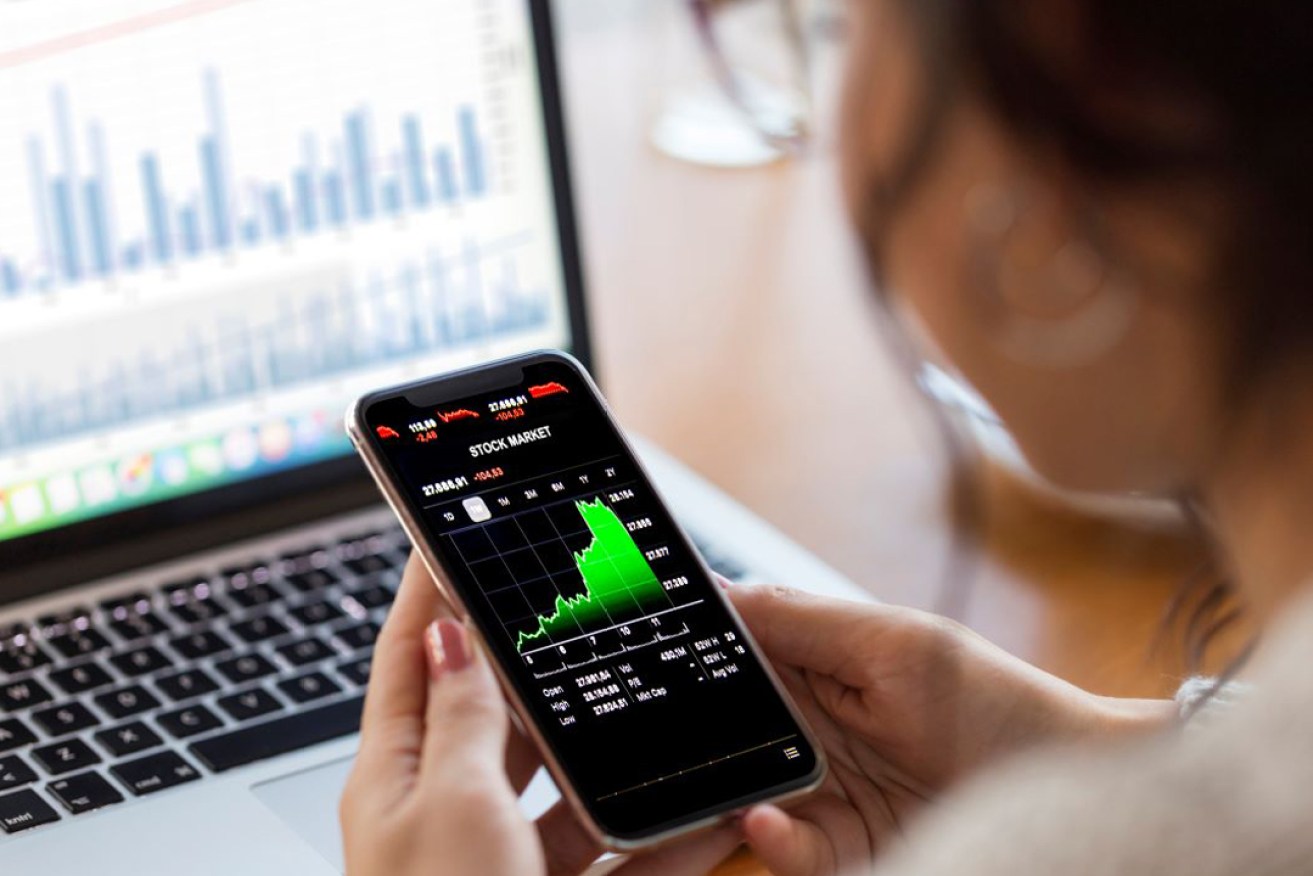Investment outlook darkens amid threat of further rate rises
The investment outlook has darkened as further rate rises threaten to tip Australia into an unnecessary recession, according to a leading forecaster.

Photo supplied.
A weaker outlook for Australia and the global economy has prompted Deloitte Access Economics to revise down its forecast for business investment in 2023.
Generous government incentives have supported investment during the pandemic years but business confidence has fallen amid rising costs and falling demand.
The Reserve Bank is expected to increase the cash rate but the forecaster said the central bank should leave it at 3.1 per cent for the time being to wait for past rate rises to take effect.
“Any further increases in the cash rate may unnecessarily tip Australia into recession in 2023,” the latest Investment Monitor report says.
The quarterly report on major business and government investment projects tips business investment to rise by just 1.6 per cent in 2023 and an even more sluggish 0.4 per cent in 2024.
“Business investment can be fickle,” forecaster Stephen Smith said.
“Against an uncertain economic backdrop, decision-makers are expected to delay some planned spending.”
Public investment is expected to shrink this year and detract from overall economic growth.
Add in the gloomy outlook for household consumption and dwelling investment, and the numbers suggest economic growth of 1.7 per cent in the 2023 calendar year – down from 3.6 per cent in 2022.
The risk of a sharper-than-expected slowdown in the global economy presents a key risk to the outlook for Australian engineering and non-residential construction, Smith said.
That’s because businesses are unlikely to expand their operations if they think the demand for the goods and services they offer will be lower in the future.
But investment in the mining and processing of metals such as iron ore, copper, zinc, lithium and nickel is viewed as a key growth opportunity.
Australia’s fastest-growing export is lithium as global car makers and battery manufacturers race to secure supply.
Exploration for iron ore is being outstripped by exploration for base metals, as miners race to secure the minerals underpinning the global clean energy transition, the report said.
The flurry of multi-year partnerships, supply agreements and financing deals for Australian mining companies is tipped to continue in 2023 as demand for batteries continues to grow and the supply of key metals remains limited.
Elsewhere, prices for traditional commodity exports have fallen by about 15 per cent from their 2022 peak, driven by lower coal and gas prices.
Commodity prices are forecast to moderate in 2023 as global economic growth slows but the war in Ukraine and China’s reopening could cause price spikes in the short term.
Health and education are expected to face capacity constraints, including severe labour shortages after two years of low migration and an influx of international students.
-AAP




